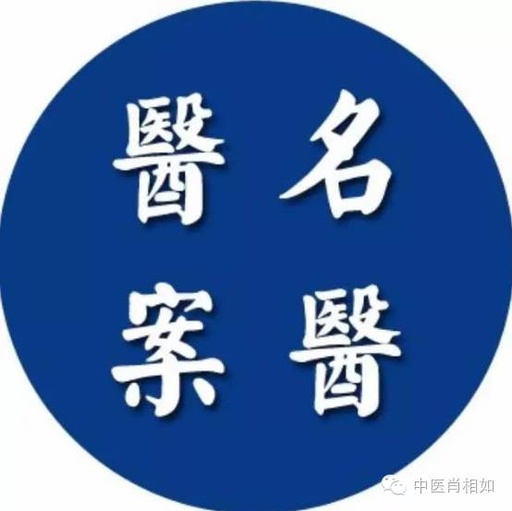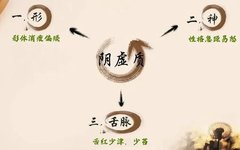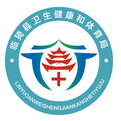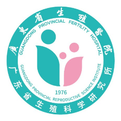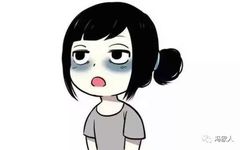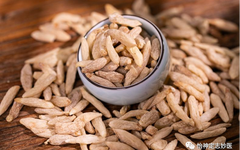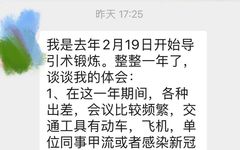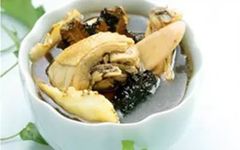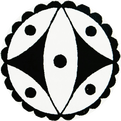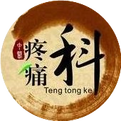Master’s Guidance on Treating Exogenous Diseases | Medical Case Study
1 Case Overview Li Moumou, male, 11 years old. Main Complaint: Nasal congestion and runny nose for 1 week, worsened with fever for 3 days. Current Symptoms: The patient has been ill for 1 week, experiencing nasal congestion and runny nose, general discomfort, chills 3 days ago, high fever with a temperature of 39-40°C, no … Read more

